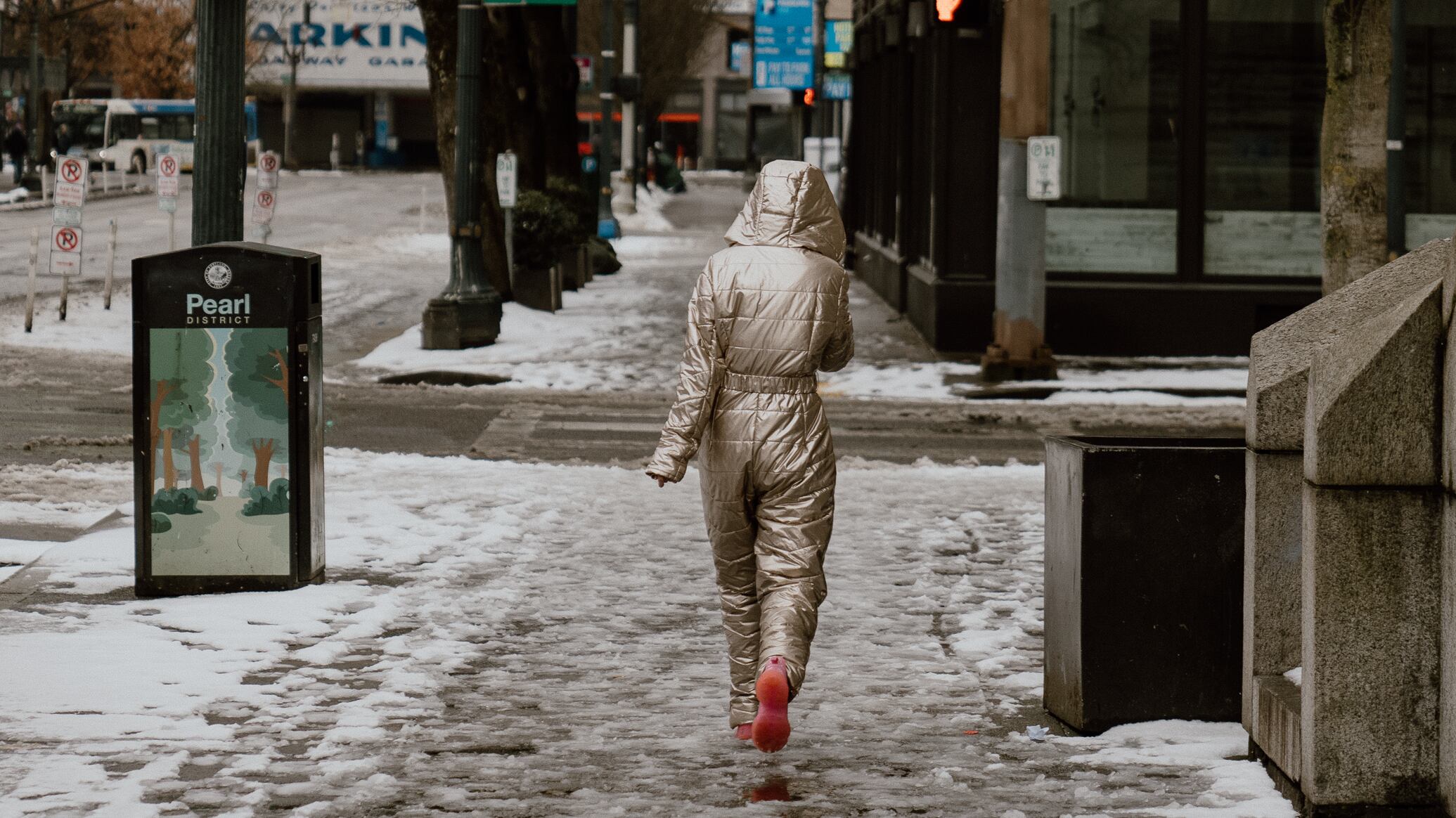So last week we were supposed to have a huge storm. Sixty mph winds! Golf ball-sized hail! Tornadoes! All we actually got was a little rain. This kind of thing seems to happen a lot. (How many times has a crippling ice storm failed to materialize?) My question is this: Are overhyped weather reports a Portland thing, or do they happen everywhere? —Dorothy Gale
I’ve said it enough times by now that they’ll probably put it on my tombstone, but you’ll never go broke betting against Snowpocalypse in Portland. Apparently, the same can now be said for Tornadomageddon, Windtastrophe, and the Golf Ball-Sized Hailocaust.
If it’s any consolation, Dorothy, sensationalized weather coverage is definitely a nationwide phenomenon. The Weather Channel, for example, has been criticized for punching up winter storms by giving them names, like hurricanes—even though the National Weather Service thinks this actually makes people less safe by confusing them about what weather to expect in their local area. In a media environment where everyone is competing for attention, it makes economic sense to exaggerate the significance of weather events: If you’re covering a rainstorm, “Cataclysmic Floods Threaten Power Grid” is always going to get more clicks than “Area Car Washed for Nothing.”
A related phenomenon is “wet bias,” a scientifically documented tendency for commercial weather forecasts to inflate the likelihood of precipitation. Some defend this by saying it encourages the public to be more prepared—people tend to assume a 10% chance of something means it’s guaranteed not to happen—but it can also lead to a boy-who-cried-wolf attitude toward forecasts in general.
There’s one other confounding factor, at least locally: It turns out that weather in the Willamette Valley is harder to predict than that in many other parts of the country. Our weather typically comes in off the Pacific, where there’s very little monitoring equipment. Moreover, our proximity to the Columbia Gorge—the only sea-level air channel through the Cascades—makes our local weather systems uniquely chaotic as warm, moist air from the ocean collides with cold winds from the frozen interior.
Given all this, it’s not surprising that once in a while a predicted storm fails to materialize. Fortunately, the reverse situation—in which we’re blindsided by severe weather—is less common. Forecasters really do get it right most of the time. That said, if in a month or two you start hearing about Plague-of-Locustspalooza...well, let’s just say maybe hold off on sacrificing your firstborn until you see how things shake out.
Questions? Send them to dr.know@wweek.com.
